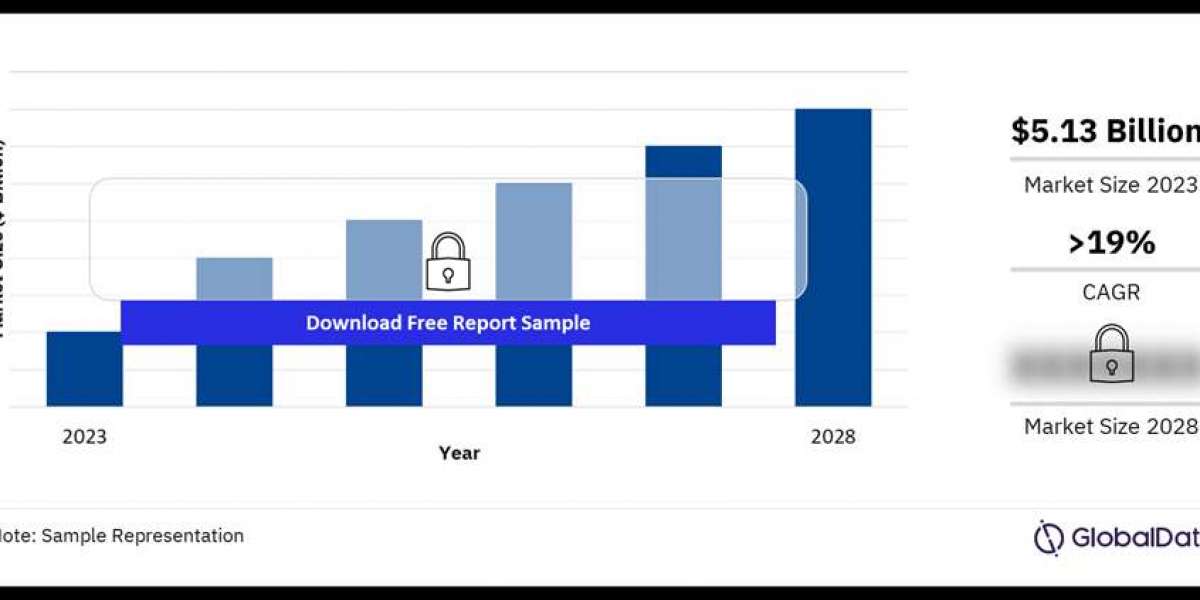The Indian EdTech market has become one of the fastest-growing sectors globally, transforming the educational landscape. With the rise of internet penetration, affordable smartphones, and a growing focus on digital literacy, India has witnessed exponential growth in the EdTech space. This article will explore key trends, major players, and the future outlook for the Indian EdTech market.
Market Overview
India’s EdTech market has grown significantly in recent years, with more students and professionals relying on digital platforms for education and skill development. The market is anticipated to continue its upward trajectory due to several factors, including:
- Increased Internet Accessibility: The widespread availability of high-speed internet, particularly in rural areas, has enabled more students to access online educational content.
- Growing Smartphone Usage: Affordable smartphones make online education accessible, even in remote locations.
- Government Initiatives: The Indian government has implemented several programs, such as Digital India, to promote digital learning, which has significantly boosted the EdTech market.
- COVID-19 Pandemic: The pandemic forced educational institutions to pivot to online learning, accelerating EdTech adoption and solidifying digital learning as a viable alternative.
Key Segments of India’s EdTech Market
The Indian EdTech sector caters to a wide range of educational needs and is segmented into various categories:
- K-12 Education: Platforms focusing on school-level education have grown significantly, with content tailored to CBSE, ICSE, and various state boards. Top players in this segment, such as Byju’s and Vedantu, offer interactive courses, live classes, and personalized learning experiences.
- Higher Education: Platforms that provide undergraduate and postgraduate courses from recognized institutions have gained popularity. Students can access certifications and degrees online, which are now widely recognized.
- Test Preparation: Platforms such as Unacademy and Toppr have revolutionized test prep, offering coaching for exams like JEE, NEET, and UPSC through video tutorials, mock tests, and interactive sessions.
- Skill Development: The demand for industry-relevant skills has led to the rise of platforms like upGrad and Simplilearn, which offer courses in areas like data science, artificial intelligence, digital marketing, and programming.
- Language Learning: English learning apps, including Duolingo and Hello English, are gaining traction among students and professionals aiming to improve their communication skills.
Key Trends in the Indian EdTech Market
The Indian EdTech sector is witnessing several transformative trends that are shaping its future:
- Personalized Learning: Many platforms leverage AI and ML to create tailored content, enabling students to learn at their own pace and focus on specific areas where they need improvement.
- Gamification: To increase engagement, EdTech platforms incorporate gamification elements, such as quizzes, interactive games, and rewards, making learning more enjoyable.
- Regional Language Content: The demand for learning content in regional languages is rising. To meet this need, EdTech companies are expanding their offerings to include multiple languages, catering to a wider audience across India.
- Hybrid Learning Models: Post-COVID, the hybrid model, which combines offline and online education, has gained traction. Many institutions and EdTech platforms are adopting this approach to maximize the benefits of both modes.
- Collaborations with Educational Institutions: EdTech companies collaborate with schools, colleges, and universities to enhance curricula and provide access to digital resources. This collaboration enhances both reach and credibility.
Major Players in India’s EdTech Market
Several EdTech companies have established themselves as key players in India’s digital education landscape:
- Byju’s: Known as India’s largest EdTech company, Byju’s offers a wide range of educational content for K-12 and test preparation. Byju’s employs an interactive, visual approach to make learning engaging.
- Unacademy: This platform initially focused on test prep and now provides courses in various subjects, leveraging live classes, mentorship, and interactive study materials.
- Vedantu: Specializing in online tutoring, Vedantu focuses on live classes for school students and competitive exams, providing a personalized learning experience.
- upGrad: upGrad is known for its higher education and skill development courses, offering industry-relevant content with certifications from renowned universities.
- Simplilearn: This platform provides skill development courses in areas like IT, AI, and project management, catering to professionals seeking to upgrade their skills.
Challenges in the Indian EdTech Market
While the EdTech sector in India is growing rapidly, it also faces certain challenges:
- Digital Divide: Despite increased internet penetration, a significant portion of the population still lacks access to reliable internet and devices, particularly in rural areas.
- Affordability: Although EdTech platforms are more affordable than traditional education, some students still find it difficult to pay for premium content and courses.
- Quality of Content: With numerous EdTech players in the market, maintaining content quality and credibility is a challenge.
- Regulatory Hurdles: The Indian government is in the process of regulating the EdTech sector to ensure quality and affordability, which may impact the market dynamics in the future.
Future Outlook of India’s EdTech Market
The future of the Indian EdTech market appears promising, with significant growth potential driven by technological advancements, evolving learning preferences, and a shift towards lifelong learning. Key factors expected to influence the sector’s future include:
- Technological Advancements: AI, augmented reality (AR), and virtual reality (VR) will enhance learning experiences, making them more immersive and interactive.
- Expansion into New Markets: Indian EdTech companies are expanding beyond urban areas and into tier-2 and tier-3 cities, reaching previously underserved populations.
- Focus on Skill-Based Learning: With a growing emphasis on employability, skill-based learning will remain a focal point, helping students bridge the gap between academic knowledge and industry requirements.
Buy the Full Report for More Insights into the India EdTech Market Forecast







